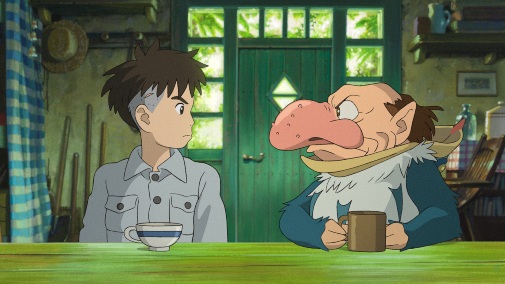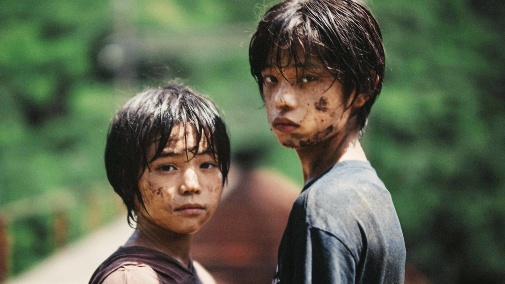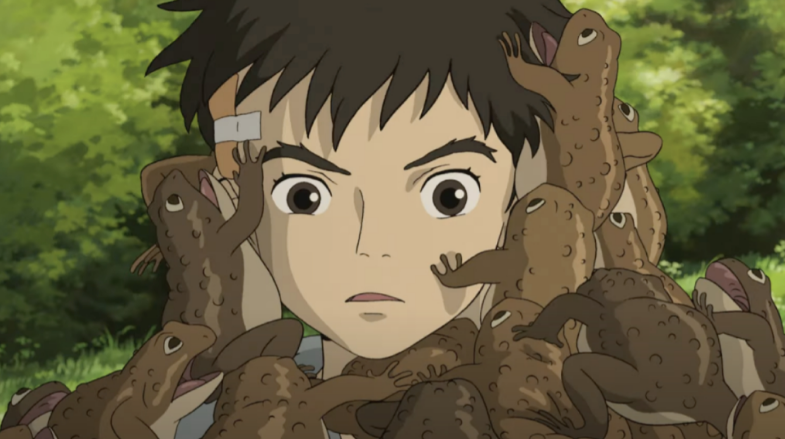My Miyazaki Ranking: Part One - CastleMania
 Friday, March 22, 2024 at 8:00PM
Friday, March 22, 2024 at 8:00PM 
After its triumph on Oscar night, The Boy and the Heron is returning to cinemas all over the world. To commemorate this theatrical re-release and start closing my chapter of the 2023 film year, I took this opportunity to review Hayao Miyazaki's entire oeuvre. And so, we find ourselves standing before one of the greatest filmographies in the medium's history - animated or otherwise - ready to rank the master's twelve features. I'd love to share my thoughts on Miyazaki's shorts, but sadly, most of them are exclusively shown at the Ghibli Park and Museum. Maybe someday I'll be able to witness their beauty - one can dream.
From times when Studio Ghibli was naught but a dream to its twilight years, spanning half a dozen retirements and the loss of countless colleagues, Miyazaki's gift to cinema is a sprawling wonder. This shall be my personal ranking, not definitive by any means as it's a love letter, an expression of the utmost awe. Ask me in a week, and I'll order the films differently. Today, this is how I see them…





